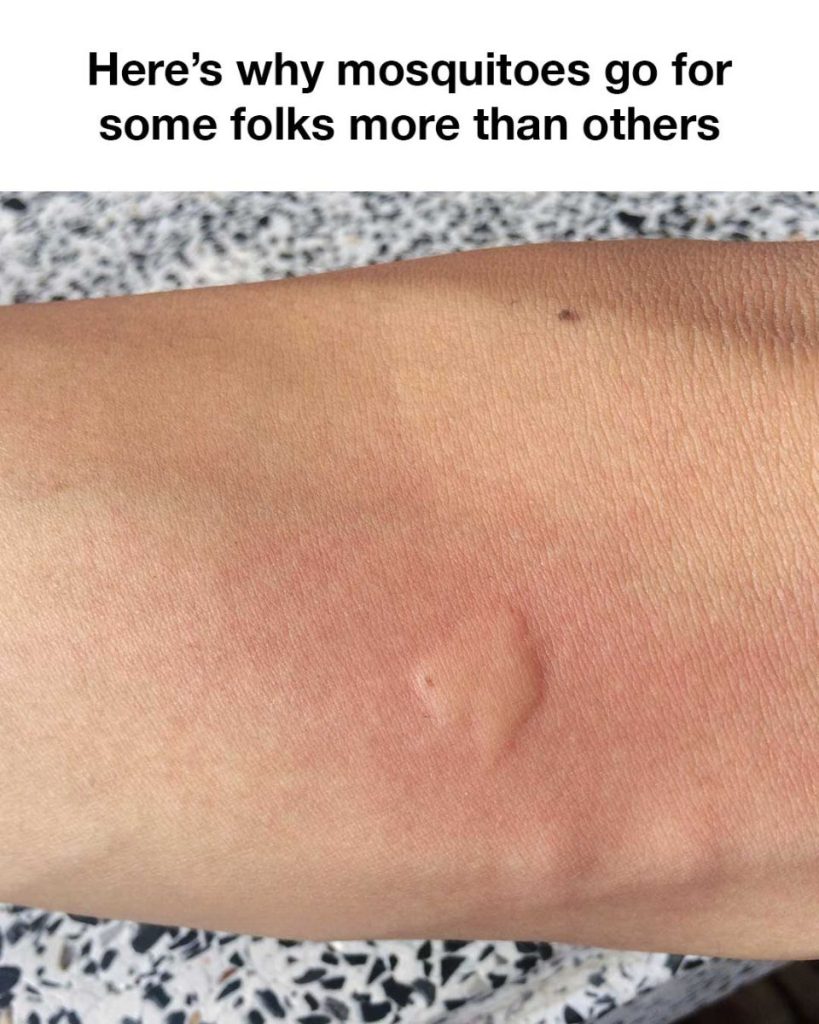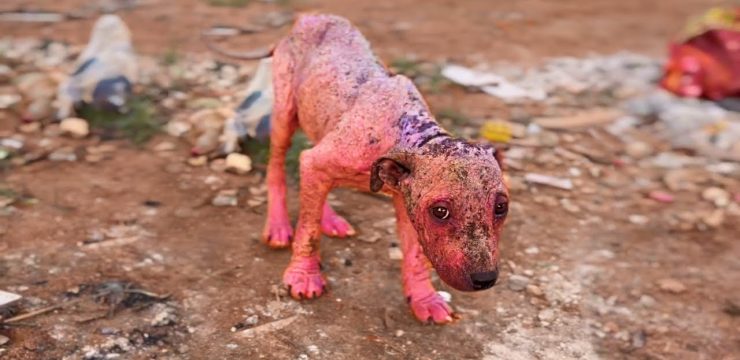Mosquitoes are often seen as one of the most irritating pests, buzzing around our heads and leaving behind itchy, red bites. But have you ever wondered why some people seem to be mosquito magnets while others are barely bothered at all? It turns out that mosquitoes don’t just bite at random. Their interest in humans is guided by science—specifically, by a combination of body chemistry, genetics, and environmental cues. Understanding what attracts mosquitoes can help us take better measures to keep them at bay.

Mosquitoes are equipped with incredibly sensitive sensory systems. These allow them to detect a variety of cues from potential hosts, including chemicals, heat, and movement. One of the most powerful signals that draws mosquitoes is carbon dioxide. Humans exhale carbon dioxide with every breath, and mosquitoes can detect it from up to 50 meters away. This ability helps them locate people quickly, especially in areas with low wind or still air. But carbon dioxide isn’t the only factor that makes you a target.
Your body odor plays a huge role in determining whether mosquitoes find you appealing. When we sweat, bacteria on our skin break it down into different compounds. Some of these are highly attractive to mosquitoes. Lactic acid, ammonia, and certain fatty acids are just a few of the chemicals mosquitoes seek out. Interestingly, the type and amount of these compounds differ from person to person, which explains why some people get bitten more than others. For instance, people with higher levels of specific skin bacteria like Staphylococcus or Pseudomonas may experience more bites than those with a different bacterial composition. Your diet, genetics, and hygiene habits also shape your body odor. Foods like garlic and onions can alter your scent and might even make you less appealing to mosquitoes.
Another big factor is carbon dioxide output. Aside from simply breathing, your metabolic rate impacts how much carbon dioxide your body produces. People who are more physically active or have a higher metabolism tend to exhale more carbon dioxide, and therefore attract more mosquitoes. Pregnant women, for example, tend to be bitten more frequently because they exhale higher levels of carbon dioxide and have increased body temperature and blood flow.
Speaking of temperature, body heat also influences mosquito behavior. These insects are drawn to warmth, and they can sense temperature changes using specialized receptors. Individuals with higher body temperatures or those who are engaged in physical activity are more likely to be singled out. Certain parts of the body, such as the forehead, neck, and wrists, emit more heat and are also where blood vessels are closer to the skin’s surface—making them prime landing zones for mosquitoes.
Surprisingly, your blood type might also determine your mosquito appeal. Research has found that people with Type O blood are bitten more frequently than those with Types A, B, or AB. Studies suggest that Type O individuals are twice as likely to attract mosquitoes compared to those with Type A. Scientists believe that blood types might influence the chemical signals your skin emits, making some types more attractive to mosquitoes than others, although the exact mechanism remains unclear.
What you wear also plays a part. Mosquitoes are highly visual and are more likely to be attracted to darker colors such as black, navy blue, or deep red. These colors stand out more against the natural background, making it easier for mosquitoes to find you. On the other hand, wearing light-colored, loose-fitting clothing can help you blend into the surroundings and lower your chances of getting bitten. Such clothing also covers more skin, creating a physical barrier between you and these pests.
Genetics further complicate the issue. Studies on identical twins have revealed that they tend to receive similar numbers of mosquito bites, pointing to a genetic influence. Genes can affect everything from skin chemistry and sweat composition to metabolic rate, all of which are factors mosquitoes take into account when selecting their next victim. While we can’t change our genetic makeup, knowing that our genes play a role may help us understand why some people are consistently targeted.
Understanding the mosquito lifecycle is also key to effective prevention. Mosquitoes develop through four stages: egg, larva, pupa, and adult. Females lay their eggs in stagnant water, where the larvae and pupae develop. Eliminating sources of standing water—like birdbaths, buckets, and clogged gutters—can disrupt this cycle and dramatically reduce mosquito populations. Even small amounts of water can become breeding grounds, so staying vigilant is important, especially during warmer months.
For those seeking alternatives to chemical repellents, natural options like citronella, eucalyptus, and lavender oils are gaining popularity. These essential oils work by masking the human scents that mosquitoes are drawn to, making it harder for them to find their targets. However, natural repellents often provide shorter protection compared to DEET or picaridin-based products. Reapplying them regularly, especially during dawn and dusk when mosquito activity peaks, is necessary for consistent protection.
To reduce your attractiveness to mosquitoes, take a multi-faceted approach. Wear light, loose-fitting clothes, especially if you’ll be outdoors. Use an effective insect repellent containing DEET or picaridin. Eliminate standing water in and around your home. Running a fan can also help by dispersing heat and carbon dioxide, making it harder for mosquitoes to zero in on you. Avoiding peak mosquito activity times and using screens or nets can further limit your exposure.
Finally, advances in mosquito repellent technology are offering new hope. Wearable devices that emit ultrasonic waves claim to keep mosquitoes at bay without the need for sprays. New chemical formulas are being developed to offer long-lasting protection with reduced skin irritation. Even more revolutionary are projects involving genetically modified mosquitoes that are designed to control populations by reducing their ability to reproduce. These innovations are being explored not just for comfort but as public health tools in the fight against mosquito-borne illnesses like dengue and malaria.
By understanding what makes mosquitoes tick—and bite—we can take smarter steps to protect ourselves. Whether through lifestyle changes, environmental control, or advanced technology, there are more options than ever to keep these unwelcome guests away.





